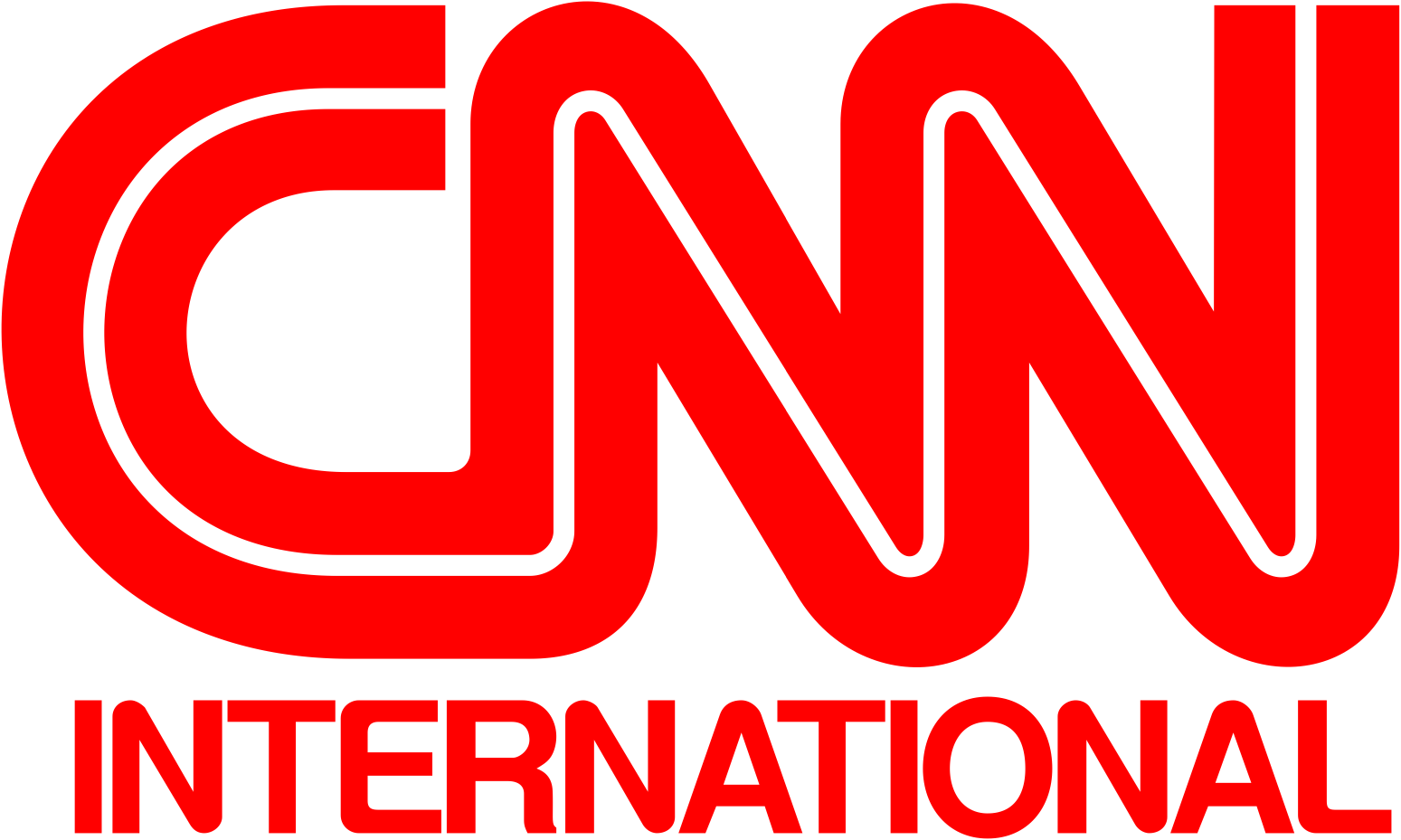Indian Prime Minister Narendra Modi is set to meet with Ukrainian President Volodymyr Zelenskyy in a historic visit Friday to Ukraine, a month and a half after he traveled to Moscow to hold talks with President Vladimir Putin.
Officials in India and Ukraine have said the visit will focus on boosting economic ties and cooperation in defense, science and technology.
But analysts say the visit could also be an attempt to have India strike a more neutral stance after what has been seen as a lean toward Russia, given Modi’s recent Moscow visit, his country's historic, Cold War-era relationship with Russia and New Delhi's avoidance of directly criticizing Russia over its invasion of Ukraine.
Modi's landmark visit is the first to Ukraine from a prime minister of India since the country established diplomatic relations with Ukraine over 30 years ago. He will arrive in Kyiv after a two-day visit to Poland.
Analysts say the timing of the trip is aimed at controlling fallout from the Indian leader's July 8-9 trip to Russia.
That trip coincided with a NATO leaders gathering in Washington and Russian missile strikes on a hospital in Ukraine that killed scores of people, drawing strong criticism from Zelenskyy. The Ukrainian leader called Modi's meeting "a huge disappointment" and "a devastating blow to peace efforts" after the Indian leader was seen hugging Putin.
While Modi did not address the missile strikes directly, he alluded to the bloodshed while sitting next to Putin, and condemned any attack that harms innocent people.
This week's Ukraine trip represents India "trying to balance the situation" after being seen as "tilting towards Russia," said K C Singh, a strategic affairs expert and former diplomat.
Indian officials are downplaying any connections with the Moscow trip. "This is not a zero-sum game ... these are independent, broad ties," Secretary (West) Tanmaya Lal said this week.
Despite pressure from the West, New Delhi has refrained from condemning Russia’s invasion or voting against it in U.N. resolutions. It has avoided taking sides and urged Ukraine and Russia to resolve the conflict through dialogue.
"Modi’s visit is designed to some extent to show that New Delhi’s strategic orientation remains non-alignment, and as such, to keep balance in its foreign policy," said Derek Grossman, an Indo-Pacific analyst at the RAND Corporation.
India and Russia have had strong ties since the Cold War, and New Delhi’s importance as a key trading partner for Moscow has grown since the Kremlin sent troops into Ukraine in February 2022.
India has joined China in becoming a key buyer of Russian oil following sanctions imposed by the United States and its allies that shut most Western markets off to Russian exports.
Modi’s visit to Moscow was seen by analysts as reinforcing their partnership, especially since Russia remains a crucial trade and defense partner. Some 60% of India’s military systems and hardware is of Russian origin, and New Delhi now gets more than 40% of its oil imports from Russia.
Trade between the two has also seen a sharp increase, touching close to $65 billion in the 2023-24 financial year, according to India’s foreign ministry.
Bilateral trade between India and Ukraine is much lower, at about $3 billion before the invasion, but Modi and Zelenskyy have interacted since on the sidelines of global events and the Ukrainian foreign minister also visited New Delhi earlier this year.
India has also provided several consignments of humanitarian assistance to Ukraine since the invasion.
Analysts say Zelenskyy is unlikely to raise Modi’s meeting with Putin - at least publicly.
But Modi’s Moscow visit and the India-Russia relationship will be a "strong undertone" to his Ukraine trip, even if it not explicitly mentioned in public statements, added Chietigj Bajpaee, who researches South Asia at the Chatham House think tank.
The trip is likely to be well-received in the U.S. and other Western countries that had been critical of Modi's meeting with Putin in July, Grossman said.
For Modi, this trip is an opportunity "to engage Zelenskyy and secure Indian interests there, push back against Russian overreach and placate the West," Grossman added.
But while the trip will offer some reassurance to the West, it will remain clear that India maintains a closer relationship with Moscow and "Modi’s visit will not change this perception," Bajpaee said.
Modi is unlikely to use this visit to seek a role for India as a peacemaker in the conflict, which some had speculated it would do at the onset of the war given New Delhi’s ties to Russia and emerging stature globally.
"Indian behavior… has been to try to stay out of resolving it, and to only occasionally comment against further aggression," said Grossman, adding that India — unlike China or Turkey — hasn’t come forward with a peace plan, for example.
Meanwhile, the Kremlin will be observing Modi’s visit, "but short of any statements that are highly critical of Russia, it is unlikely to be concerned," Bajpaee said.
from Latest World News on Fox News https://ift.tt/hV4AOPR
